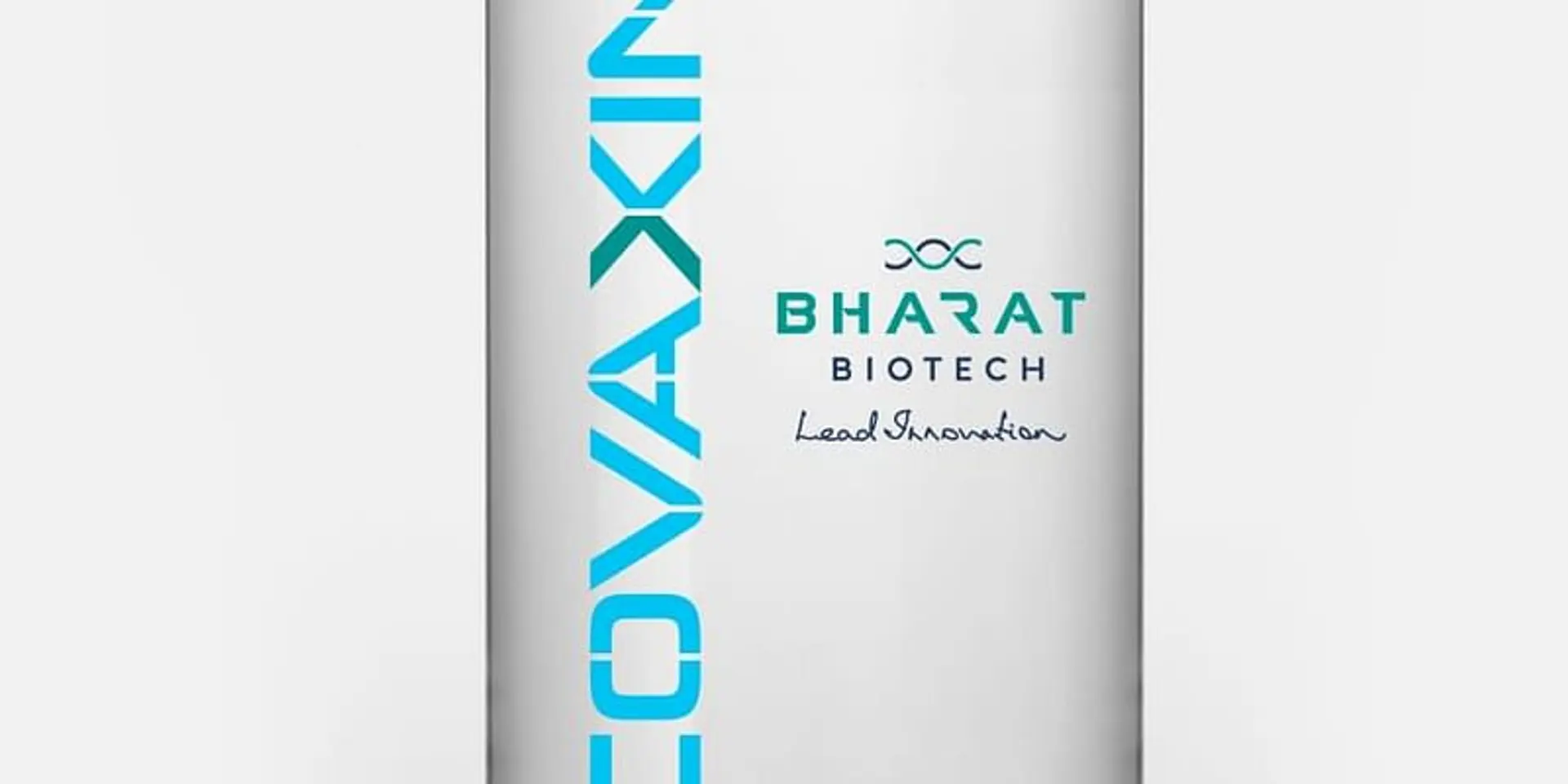Rs 150 per Covaxin dose not sustainable in long run: Bharat Biotech
Bharat Biotech is currently supplying Covaxin at Rs 150 per dose to the Centre, Rs 400 to the state government, and Rs 1,200 to private hospitals.
The supply price of Bharat Biotech's COVID-19 vaccine Covaxin to the central government at Rs 150 per dose is not sustainable in the long run, the vaccine maker said on Tuesday.
Hence a higher price in private markets is required to offset part of the costs, it said in a statement.
The Centre's supplying price is pushing the pricing structure for the private sector upward, the firm said.
Fundamental business reasons ranging from low procurement volumes, high distribution costs and retail margins, among few others, contribute to higher pricing of Covaxin to the private sector, Bharat Biotech said, justifying the higher price when compared to other COVID-19 vaccines available for the private players.
Bharat Biotech is currently supplying Covaxin at Rs 150 per dose to the Centre, Rs 400 to the state government and Rs 1,200 to private hospitals.

Image Source: Pexels
"The supply price of Covaxin to the government of India at Rs 150/dose is a non-competitive price and clearly not sustainable in the long run. Hence a higher price in private markets is required to offset part of the costs," it said in a statement.
As directed by the Centre, less than 10 percent of the total production of Covaxin to date has been supplied to private hospitals, while most of the remaining quantity was supplied to the state governments and the Centre.
"In such a scenario, the weighted average price of Covaxin for all supplies realised by Bharat Biotech is less than Rs 250/dose. Going forward, approximately 75 percent of the capacity will be supplied to State and Central Governments with only 25 percent going to private hospitals," Bharat Biotech said.
The firm has so far invested over Rs 500 crore at risk from its own resources for product development, clinical trials and setting up of manufacturing facilities for Covaxin, it said.
The pricing of vaccines and other pharmaceutical products heavily relies on a series of factors such as the cost of goods and raw materials, product failures, at-risk product development outlays and product overages, besides other regular business expenditures, the city-based company said.
The support from The Indian Council of Medical Research (ICMR) was with respect to provision of the SARS CoV2 virus, animal studies, virus characterization, test kits and partial funding for clinical trial sites.
In return for this valuable support, Bharat Biotech will pay royalties to ICMR and the National Institute of Virology (NIV), based on product sales.
"Unlike most medicines and therapeutics, vaccines are provided free of cost by the Government of India to all eligible Indian citizens. Thus, the procurement of vaccines by private hospitals is optional and not mandatory, albeit it gives a choice to citizens who are willing to pay for better convenience," Bharat Biotech further said.
It said the firm is supplying other vaccines to the government at cheaper prices compared to private market prices.
Over 40 million doses of Covaxin has been supplied so far and it is emblematic that Bharat Biotech has not sought indemnity from the Centre for any adverse events from Covaxin, it claimed.
Companies such as Bharat Biotech, which are innovators with specialised expertise in product development, and large-scale manufacturing, should be allowed to maintain a differential pricing strategy for governments and private hospitals.
"It is distressing to see that a large country like India has a very basic level of innovation in vaccines and pharmaceutical products," the vaccine maker said.
In the absence of a dual pricing system, Indian vaccine and pharmaceutical companies risk being reduced to mere contract manufacturers with intellectual property licensed from other nations, Bharat Biotech added.
Edited by Megha Reddy








